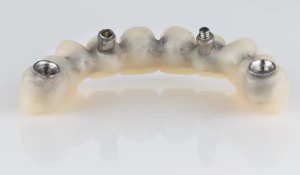
Dental Implants in Acton: Individual vs All-on-4
When facing extensive tooth loss, patients in Acton have two primary full-mouth restoration options: individual dental implants in Acton or the All-on-4 system. Both solutions

When facing extensive tooth loss, patients in Acton have two primary full-mouth restoration options: individual dental implants in Acton or the All-on-4 system. Both solutions

Many parents and adults don’t realize that tongue tie can significantly impact sleep quality throughout life. As dentists observe, this often-overlooked condition affects breathing patterns,
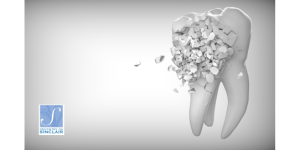
Emergency Dentist Treatment: Immediate First Aid for a Broken Tooth Here’s what I want you to imagine: you’re having a pleasant dinner in Georgetown when,
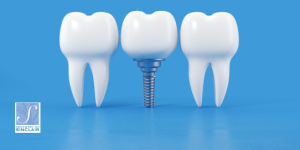
Dental implants have become a popular and widely accepted option for replacing missing teeth. Compared to dentures and bridges, these implants have more permanence and
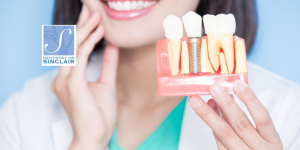
Dental implants are a way of replacing missing teeth. They are permanent and are a natural-looking alternatives to bridges and dentures. But how do dental
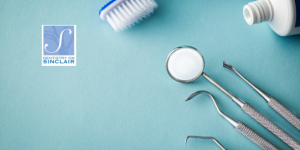
As a dentist in Georgetown, I’ve seen countless patients delay their dental visits until problems become severe. Your oral health is crucial for overall well-being,
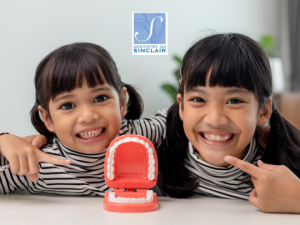
Teaching children good oral hygiene at a young age is one of the best ways to ensure a lifetime of healthy smiles. A family dentist
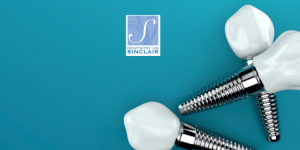
Missing teeth can affect more than just your appearance; they can impact your overall oral health and self-confidence. At Dentistry on Sinclair, we believe that
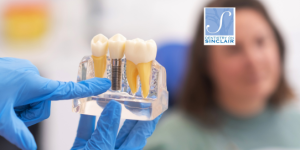
A detailed look at what dental implants are, the procedure, benefits, and how to decide if dental implants are the right solution for missing teeth.
Dental emergencies can happen at any time, often without warning. Knowing how to handle a dental emergency can make a significant difference in the outcome
When you have a tooth requiring restoration one option is a crown. If your tooth has lost its original filling a crown is an excellent
Baby-bottle tooth decay is a serious, but preventable, condition. It can occur when teeth are exposed to the sugars from carbohydrates for long amounts of

At Dentistry on Sinclair, we provide comprehensive dental and oral health care for you and your family. Our personalized approach and extensive experience allows us to help you achieve a healthier, more beautiful smile.
With you and your family in mind, we provide comfort, convenience and care for all your dental needs.
